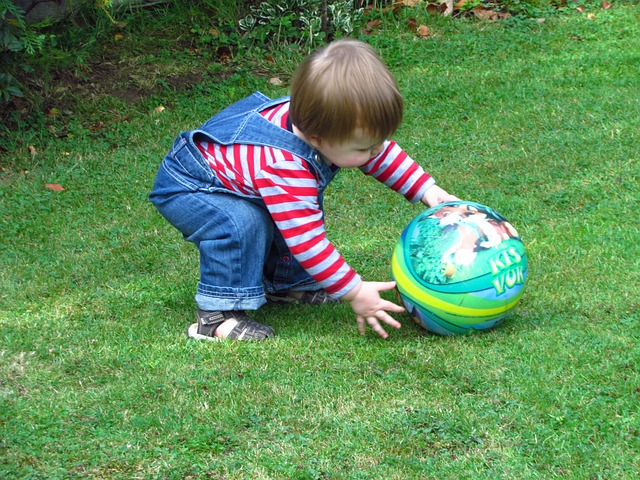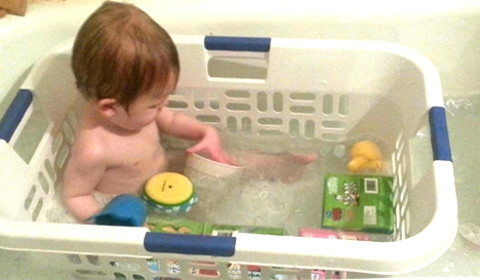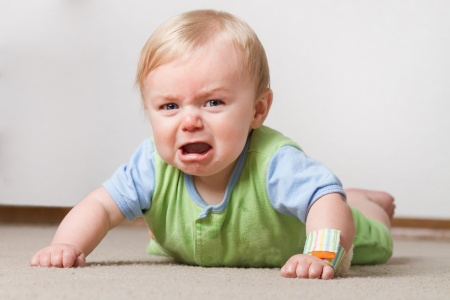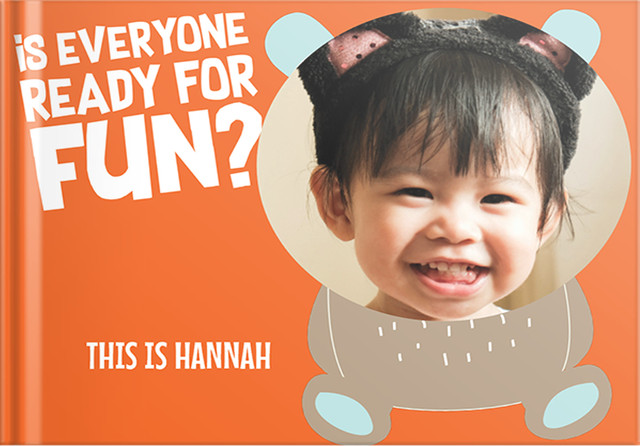For many first-time parents, life after the birth of your precious darling can seem like an endless checklist, where we constantly keep ticking off against each milestone as our baby reach it. This is perhaps a report card of sorts as to the well-being of our child and a gauge of how well we are doing, too, as parents.
There was a period when it especially got to me – when my baby was about 9 – 10 months old. I watched as my friends’ babies around his age started to stand and even toddle, and he was content to crawl everywhere. I worried that he wasn’t ‘there’ yet.
Was something delaying his physical development? Was I not giving him enough opportunities to explore his environment and gain confidence?
During playtimes, I found myself coaxing him to try to stand, to try to let go off the support. Each time I lifted him up, he would flop down and flash me a cheeky grin. I was torn between laughter and frustration. Why was my boy not getting it? This went on for about a month. Thankfully, it ended there, when I came across some related articles and confided in my mum, who shed some new light on my perspective. I decided to let my checklist take a backseat.
Different one of us is anxious about different things when it comes to our children’s progress or personality. For me, it was his beginning to walk. For you, it might be waiting for your tot to utter his first intelligible word, feed himself, or learn to read. Or you might feel discouraged that your girl doesn’t seem as sociable or cheerful as her peers. Things like that can really get to us as parents.
Here are a few things I try to remember now, each time I am tempted to dwell negatively on my child’s development.
1. Each child is unique. Celebrate that.
It’s trite but true. Every child is a little person, with his own personality, preferences, passions and talents. One baby may do the typical route of crawl, stand, walk, run. Another might skip the crawling bit altogether and start pulling himself up to stand at 6 months! Still, another might prefer to zip about on all fours for as long as he can, simply because it’s more fun!
Celebrate who your child is, not what he can or cannot do. Remember that, for most of his life, he will be judged and evaluated based on his performance and success. What he really needs from you, at this early stage, is lots of affirmation, acceptance, and the freedom to make mistakes.
2. Every child develops at the pace that works best for him
According to the book ‘What to Expect the First Year‘, every baby has their own unique developmental timeline. Some babies are fast in picking up motor coordination but lag behind their peers in other aspects like verbal skills. Factors like home environment, outside exposure, the layout of play-room, your child’s personality, and even the parents’ personalities all have a part to play in determining your baby’s progress. Don’t box your child into so many categories and timelines that others have defined. Give him the freedom and permission to grow at his own pace.
That said, as his closest of kin and 24/7 caregiver, you might pick up some nuances of behaviour in your child that seem problematic. To set your mind at ease, check with your child’s doctor if there’s any cause for concern, for example, if your child is still not walking by the age of two.

3. Enjoy the present
Don’t get hung up on watching and waiting for your child to reach the next milestone, based on parenting books and documentaries. There’s no time like the present! Cherish every moment with your little one, because the saying that “time flies” is oh, so true.
Remember that the moments you spend with your crawling one will not be there for long and that you will miss cuddling your baby when he doesn’t want to sit still any more. Similarly, the incessant, joyful baby babble that fills your home now might be a tad noisy, but way more satisfying than the reticence of a sulking and morose teenager, don’t you think?
By Dorothea Chow.
* * * * *
If you find this article useful, do click Like and Share at the bottom of the post, thank you.
Like what you see here? Get parenting tips and stories straight to your inbox! Join our mailing list here.


























































Leave a Comment: